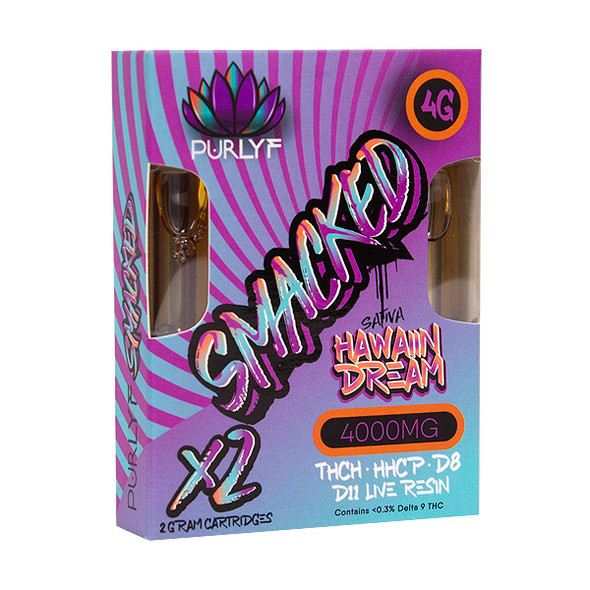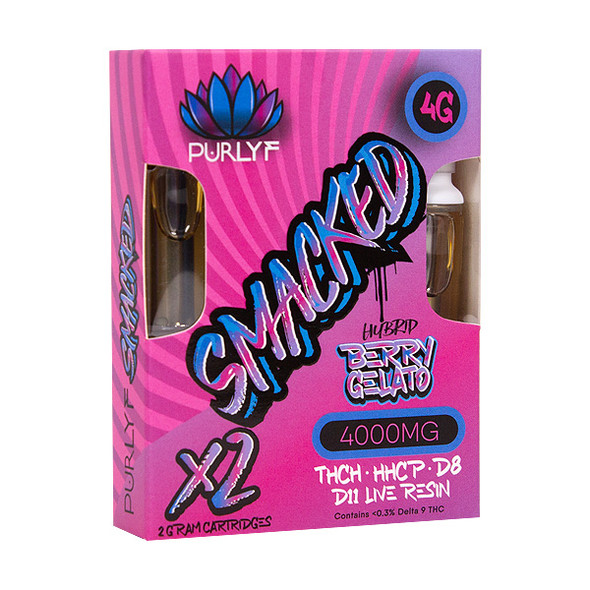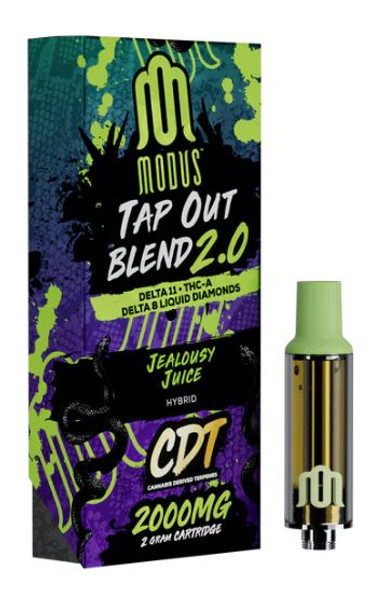What is delta-11 tetrahydrocannabinol (delta 11 THC)?
Delta 11 THC is a rare, natural variant of tetrahydrocannabinol found in small concentrations in many strains of cannabis. It’s possible to convert delta 11 from another cannabinoid using a simple laboratory process, and interest is growing in the potential usefulness of this chemically unique form of “hemp THC.”
What are the benefits of delta 11?
The benefits of delta 11 THC as compared to other forms of THC are unknown at this point. While cannabis scientists are certainly aware of the existence of delta 11, this cannabinoid has not been the subject of significant inquiry to date. Since, to our knowledge, there are no delta-11 tetrahydrocannabinol products on the market, establishing anecdotal benefits of this rare THC analog is also impossible.
Delta 8 vs. delta 9 vs. delta 10 vs. delta 11
At this point, three natural forms of THC have been marketed into products, and one of them is currently a Schedule I substance. We’re referring, of course, to delta 8, delta 9, and delta 10, and yes, it remains the case that delta-9 tetrahydrocannabinol is a federally illegal drug.
So far, delta 11 hasn’t been made into any consumer products, but given the rapid evolution of the online hemp industry, the advent of delta 11 products can’t be far off. Both delta 8 and delta 10 have recently exploded into popularity while neither industry even existed a year before.
The various forms of THC now available online and in states where cannabis is legal are generally believed to have very similar effects. There’s near-universal agreement within the THC-user community that while delta 8 and delta 9 don’t have exactly the same effects, the differences between the “highs” these cannabinoids impart seem minimal.
Minimal or no, it’s a fact that each form of THC interacts with your body in a slightly different way due to its unique chemical structure. These differences are unlikely to result in harm, but we’ll need to wait for more data to come in before we make any firm conclusions regarding the comparative benefits of the various natural forms of THC.
Is delta 11 THC the same as 11-hydroxy-THC?
No, these substances are quite different. If you look up “delta 11 THC” in a search engine, you’ll be bombarded with results for a THC metabolite called 11-hydroxy-THC, which is not the same thing as the natural phytocannabinoid delta-11 THC.
It’s well-known in the field of cannabis pharmacokinetics that delta-9 THC metabolizes into 11-hydroxy-THC in the body, serving as a middleman as this cannabinoid is further transformed into 11-nor-9-carboxy-THC, also known as THC COOH. 11-hydroxy-THC, sometimes referred to by its full scientific name, 11-hydroxy-delta-9-tetrahydrocannabinol, only metabolizes from delta 9, not other forms of THC.
Is delta 11 a natural cannabinoid?
Yes, delta 11 is inherently a naturally occurring cannabinoid. However, the vast majority of the delta 11 THC on the market has been converted from another cannabinoid — usually CBD.
Fully synthesizing delta 11 or any other cannabinoid is very difficult and can sometimes even be dangerous. It’s comparatively simple, however, to convert the carboxylic acid precursors of cannabinoids into the precursors of other cannabinoids using natural enzymes.
If delta 11 were present in cannabis in usable concentrations, it wouldn’t be necessary to convert this cannabinoid from CBD. As things stand, however, most unconventional forms of THC will continue to need to be converted for the foreseeable future.

 Sale
Sale
 Sale
Sale



